Reviews
User Score
Rate This
Descriptions:
Dental insurance is an important way to protect yourself financially. Dental bills can be expensive, and with or without insurance, it can cost as much as a car to have repaired. That’s why it’s so important to understand what dental insurance is and what it isn’t before you buy it. What is dental insurance? In most cases, it is a plan that helps pay for routine check-ups, oral healthcare, and other services that help keep your gums healthy and your teeth in good repair. It also helps cover the costs of dental check-ups, surgeries, and other treatments if you are covered by a plan. Dental insurance isn’t meant to cover the full cost of everything related to your teeth – that would be called comprehensive coverage which most people get through their auto or homeowner’s policies instead of their specific dental policy. However, if you don’t have any coverage or don’t know anyone who does, then getting some basic dental coverage might be something worth investigating further.
What dental insurance isn’t
Dental insurance isn’t meant to cover the full cost of everything related to your teeth. It’s not meant to replace emergency treatment, nor is it meant to help you pay for dental work out of pocket. If you find yourself in a situation where you need emergency dental care or are facing a big bill, then talk with your dentist about what kind of coverage they can offer you because that could be something worth investing in. Dental insurance doesn’t cover any non-dental health items, such as mental health services or prescription drugs. This includes counseling and therapy sessions if they pertain specifically to dental problems. It also doesn’t cover any procedures that aren’t related to your teeth. For example, if you have an eye problem and visit a specialist for treatment, this would not be covered by your dental plan. Dental insurance doesn’t cover anything except routine check-ups, oral healthcare, and other services that help keep your gums healthy and your teeth in good repair. If you’re worried about more serious injuries or conditions like cancer or heart disease, then talk with a dentist who specializes in those types of consultations about how they might be able to help you out with their policies.

What dental insurance is
not having Dental insurance is not a way to help you get your entire dental work done for free. If you can’t afford the full cost of your treatment and have no coverage, that’s alright – you don’t need dental insurance to get your teeth fixed. If you are searching for a comprehensive cover plan, then look into an auto or homeowners policy instead. Another thing that dental insurance isn’t meant to cover is cosmetic dentistry. Cosmetic dentistry covers procedures like whitening or gum contouring, but it doesn’t cover other procedures like pulling teeth (known as extractions), root canals, or crowns and bridges. These types of treatments may be covered by Medicare or another type of plan. The benefits of getting a good dental plan are numerous: it helps save money on the cost of routine check-ups and oral healthcare services, it will help protect your gums from plaque build-up that can affect your health, and it will help pay for the costs associated with things like surgery if necessary. Dental insurance also does not provide free treatment but rather discounts what the dentist charges in order to make the procedure more affordable for those who need assistance paying for care.
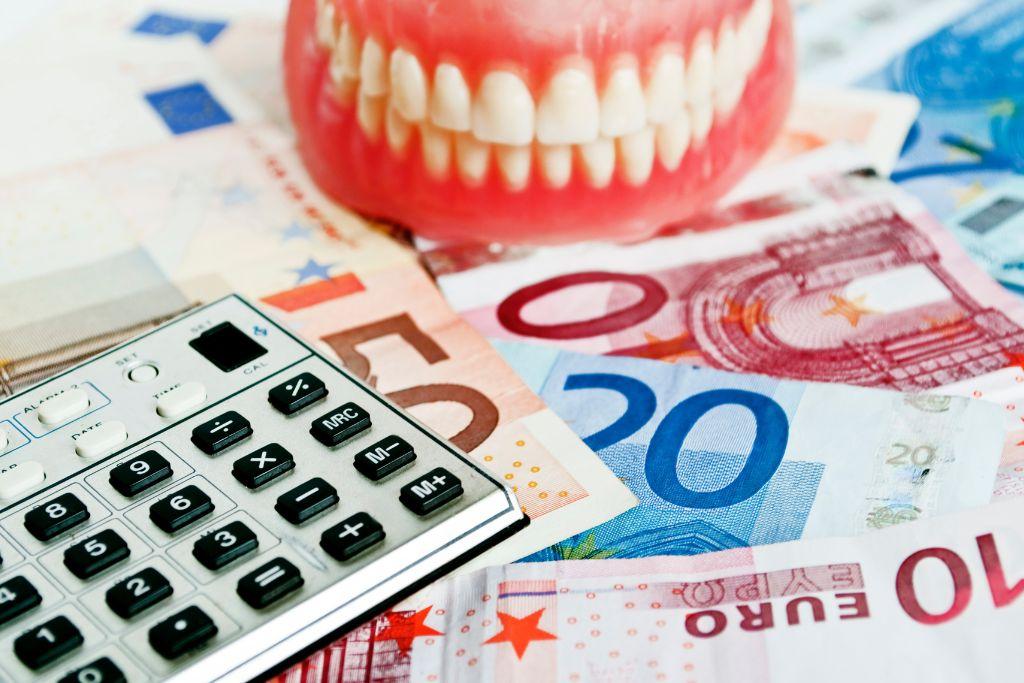
How much does dental insurance cost?
Dental insurance plans vary, but in general, they cost anywhere from $50 to $150 per month depending on what level of coverage you choose. If you are looking for dental insurance that covers a whole gamut of services, then you’ll want to be sure to compare. There is no point in buying a lower-priced plan that doesn’t give you the coverage you need and then finding out it’s not enough when something serious happens.
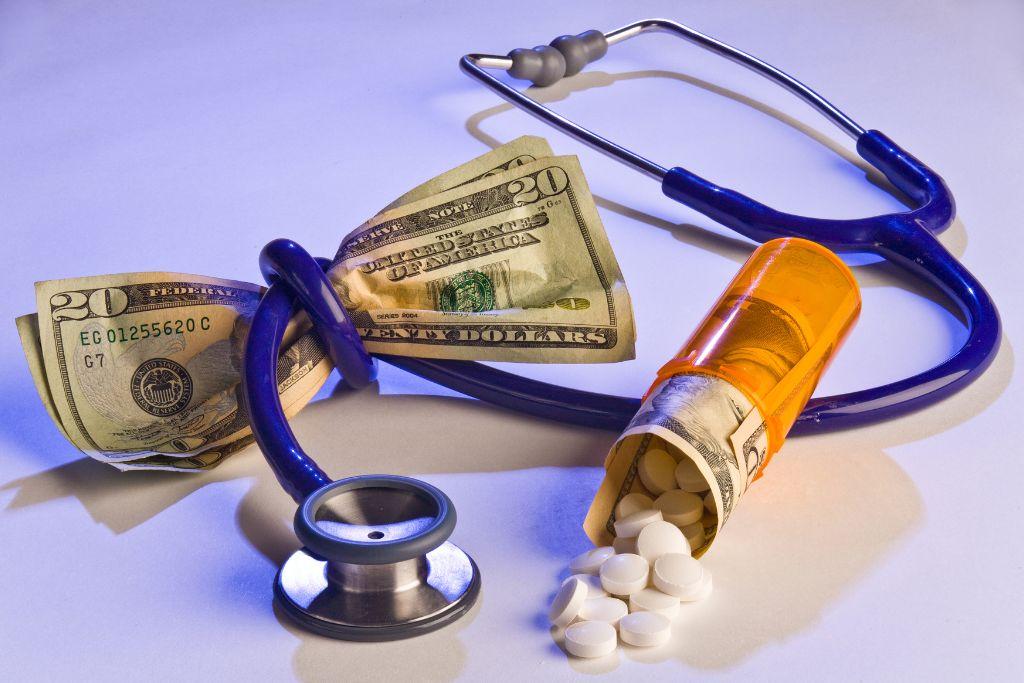
Dental plan basics
Dental plans are typically divided into two types: traditional and preferred. The former includes services like check-ups, cleanings, fillings, extractions, root canals, crowns and bridges. Preferred plans cover preventive services like sealants and fluoride treatments that are more expensive in the long run. Most dental insurance is offered as a way to protect against financial hardship if you need care beyond what most local dentists offer. You don’t have to be uninsured to buy a dental plan. Most plans have no waiting period or exclusions for pre-existing conditions and usually have low monthly premiums – making them an affordable option for people with limited income. There are also various benefits that come with having a plan. Some of these include access to discounted exams and care at participating providers, lower out-of-pocket costs on procedures such as x-rays and treatment plans (if they’re approved), help finding less expensive providers if your regular dentist is too pricey (and vice versa), free oral healthcare at many clinics for those with low incomes, special deals on certain procedures or products when you sign up for an annual membership plan, discounts on items from partner companies when you shop online, group discounts at certain stores or restaurants where you get 10% off your purchase when you show your card from your dental insurance company.

Dental repair coverage
It’s important to note that many dental plans vary on what they cover so make sure you are doing your research before buying. There is usually a deductible you need to pay, but this can be waived if you have a low income. If you have to pay a deductible, it’s wise to go through the insurance company since you will be getting the most affordable rates possible. Many people also opt for reduced rates or free procedures if they have a high-deductible plan. This is because these plans cover the majority of procedures with a smaller amount of money. Dental insurance isn’t something that should be taken lightly, and there are plenty of factors to consider when deciding what plan would best suit your needs. However, it’s difficult to do without some sort of coverage, so at least take the time to figure out what options are available before making any decisions.
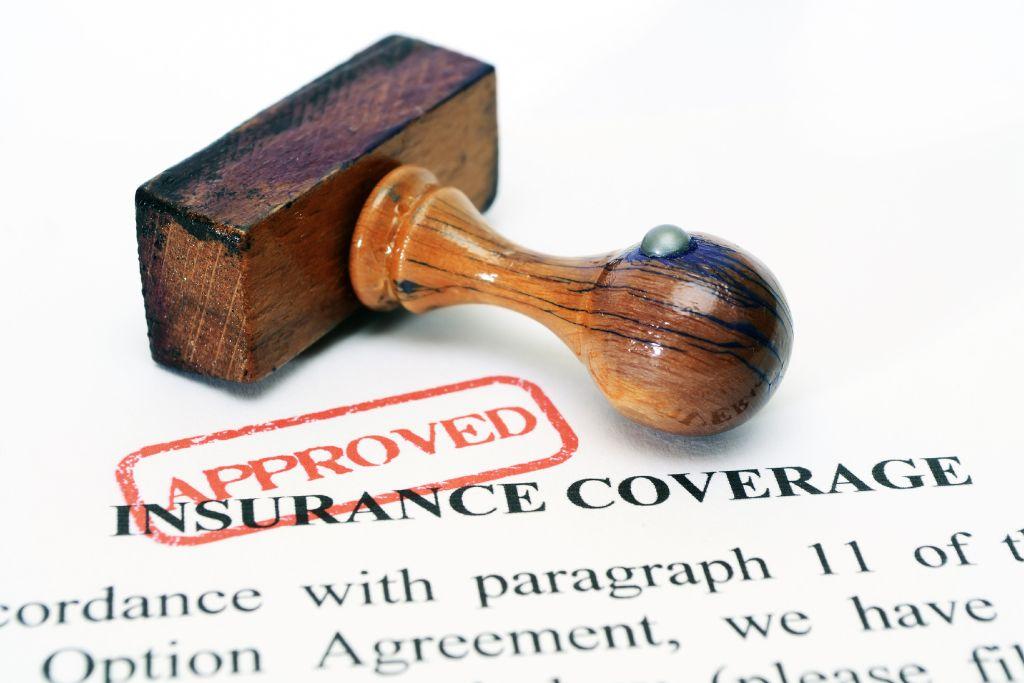
Dental emergency coverage
Dental emergency coverage can be a very helpful feature of your dental insurance plan. It will allow you to get help with things like extraction, tooth pain, and other dental procedures that are not covered by other plans. If you have a chronic issue and need to see a dentist without waiting for the hours it would take for the office to be open, this is a great benefit. Just be aware that if you sign up for this type of coverage, it will cost you more out of pocket than if you had opted not to get it in the first place.
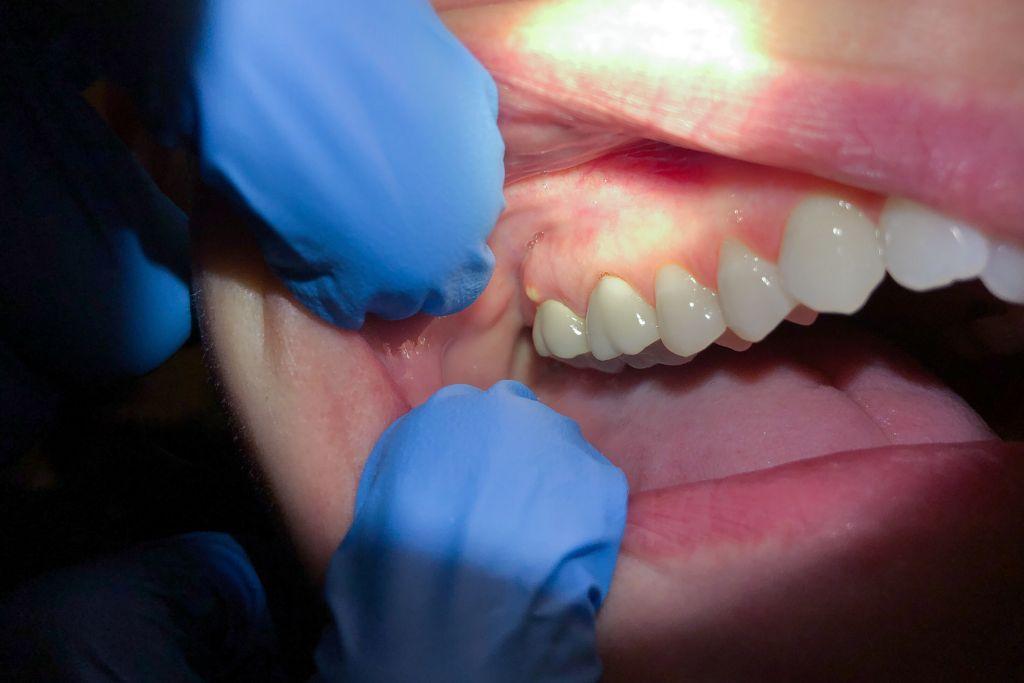
Dental vision care coverage
One important thing to note about dental insurance is that most plans don’t include vision care coverage. If you wear eyeglasses or contacts and have a routine eye exam every year, then you might want to consider adding that type of vision care coverage to your plan. Be careful about what dental insurance covers – some plans only cover certain services or specific treatments, so make sure it’s the plan for you before signing on the dotted line.
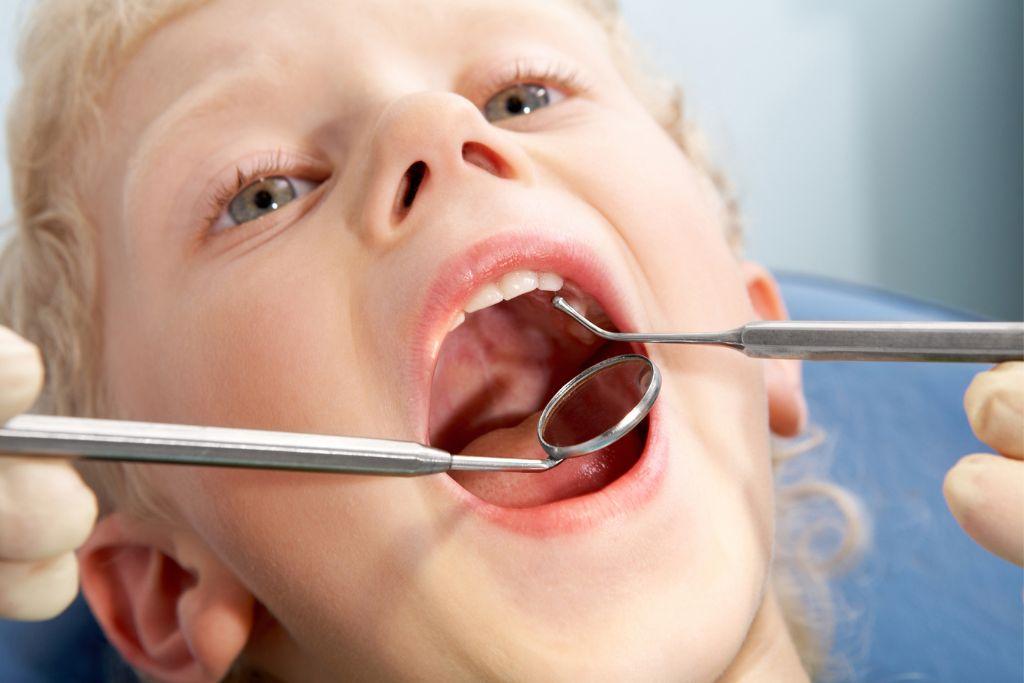
Summary
Dental insurance is a possible way to lower the cost of dental work. It may not cover everything, but it can help with some things like check-ups and costs related to oral health. A dental policy will help pay for routine check-ups, preventative care, or procedures that might be required if you have an accident or have other issues related to your teeth. Insurance companies offer different plans to suit the needs of individuals and families. Some plans are more expensive than others, depending on what is covered and how much you want to spend on insurance. Dental insurance is usually either comprehensive (covers most but not all) or limited (covers just a few things). As for which type of coverage is best for you, it depends on your budget and personal needs.









